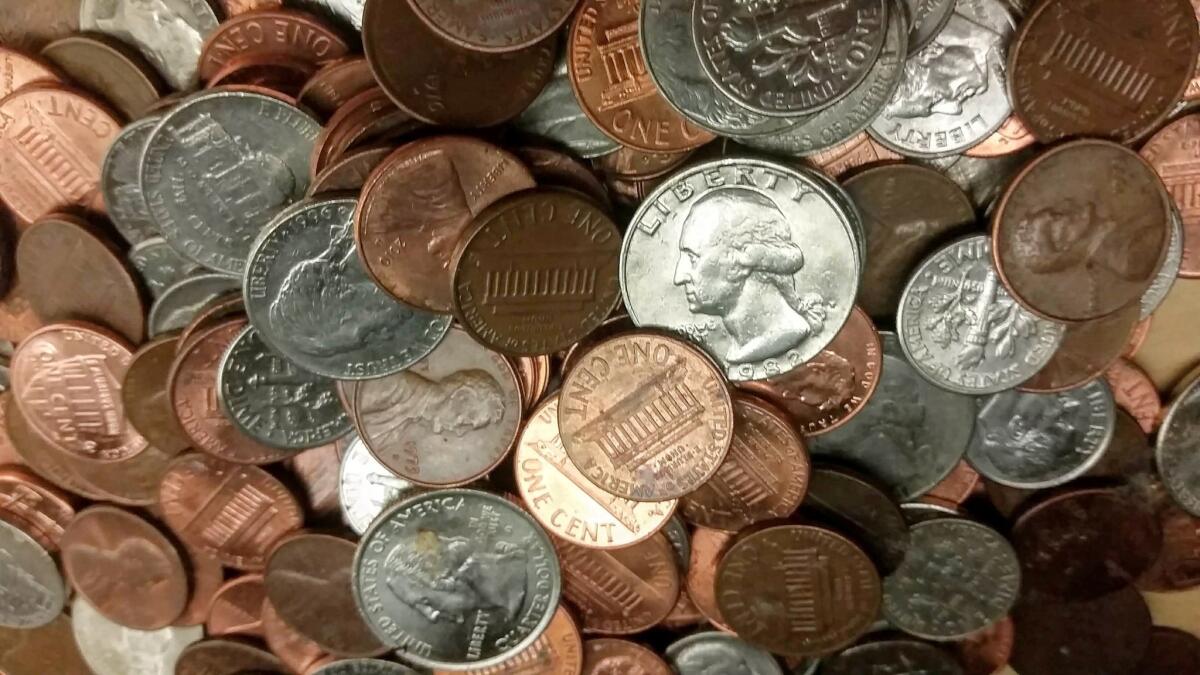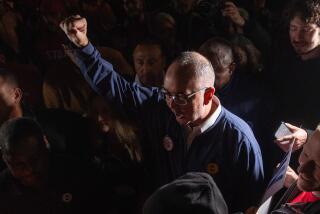Employers are expected to stick with meager pay raises next year

Despite a corporate tax cut, record low unemployment and an accelerating economy, employers aren’t planning big increases to their salary budgets for next year, a new survey from Willis Towers Watson found.
In a survey of 814 organizations, the consulting firm found that, on average, employers plan on giving 3.1% pay raises in 2019. That’s an increase of about one-tenth of a percentage point from previous years. Before the recession, employers gave out 3.8% increases; since then, despite the improving economy, raises have hovered around 3%.
“Since 2008 we have been waiting” for employers to meaningfully raise wages, said Sandra McLellan, the North America rewards practice leader at Willis Towers Watson. This year will not be that year. “It’s not a radical change, it’s a slight uptick,” she said.
The economic recovery has yet to fatten workers’ wallets. Unemployment continues to fall, and demand for labor is increasing, but employers are still not raising wages. In fact, American workers effectively got a pay cut this year: U.S. average hourly earnings adjusted for inflation fell 0.2% in July from a year earlier.
Economists have multiple theories about why wages haven’t grown despite all signs suggesting they should: decreased bargaining power for employees, low productivity, stock buybacks, globalization and automation, to name a few.
Each year employers tell the same story. “There really has just been a lot of cautiousness,” McLellan said. Employers say they’re still scarred from the recession and worry about costs. “I think companies are under a lot of pressure in terms of managing their profitability and bottom line.”
President Trump said his administration’s tax cut would push companies to put more money in workers’ pockets. But most companies haven’t spent the $30-billion windfall on employees — at least not yet. Dividends, however, have soared to record highs, and companies on the Standard & Poor’s 500 index are spending on the same things they did before the tax cuts.
More to Read
Inside the business of entertainment
The Wide Shot brings you news, analysis and insights on everything from streaming wars to production — and what it all means for the future.
You may occasionally receive promotional content from the Los Angeles Times.










